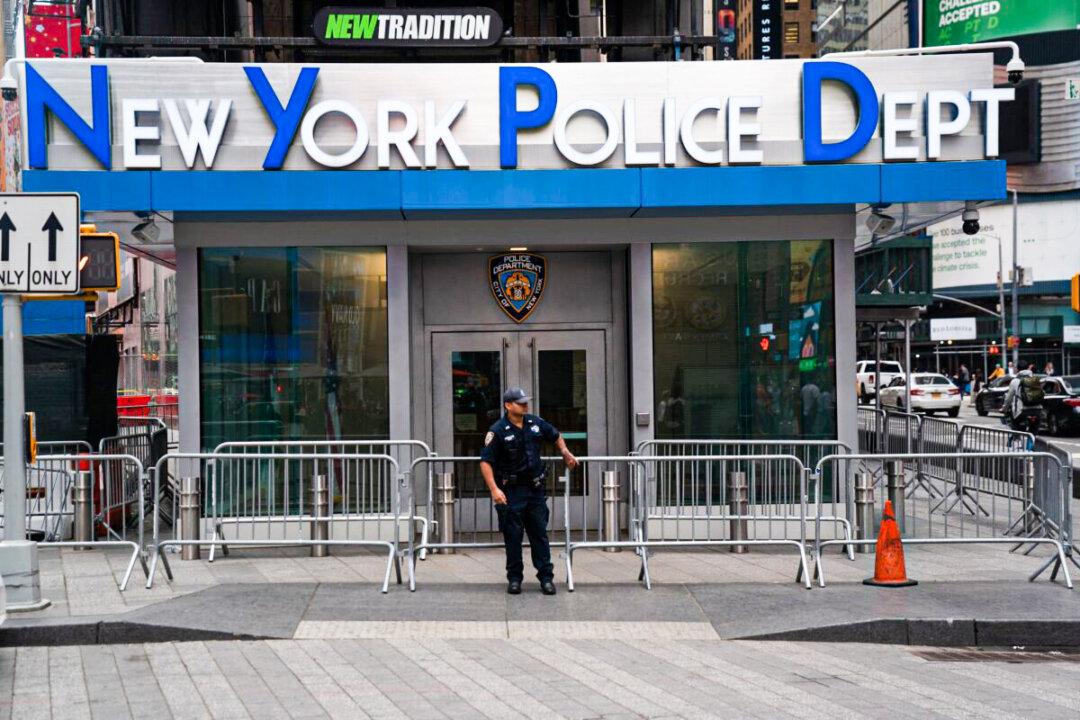A 13-year-old boy took a bullet to the neck while on his way to school in New York City when a man who was on parole for previous gun violations fired at him.
Khamani Garrett was on his way to school in the Bronx area of Wakefield when Hubert Wiggs walked up to him fired the shot. Garrett survived after being rushed to the nearby Jacobi Hospital, the authorities said.





